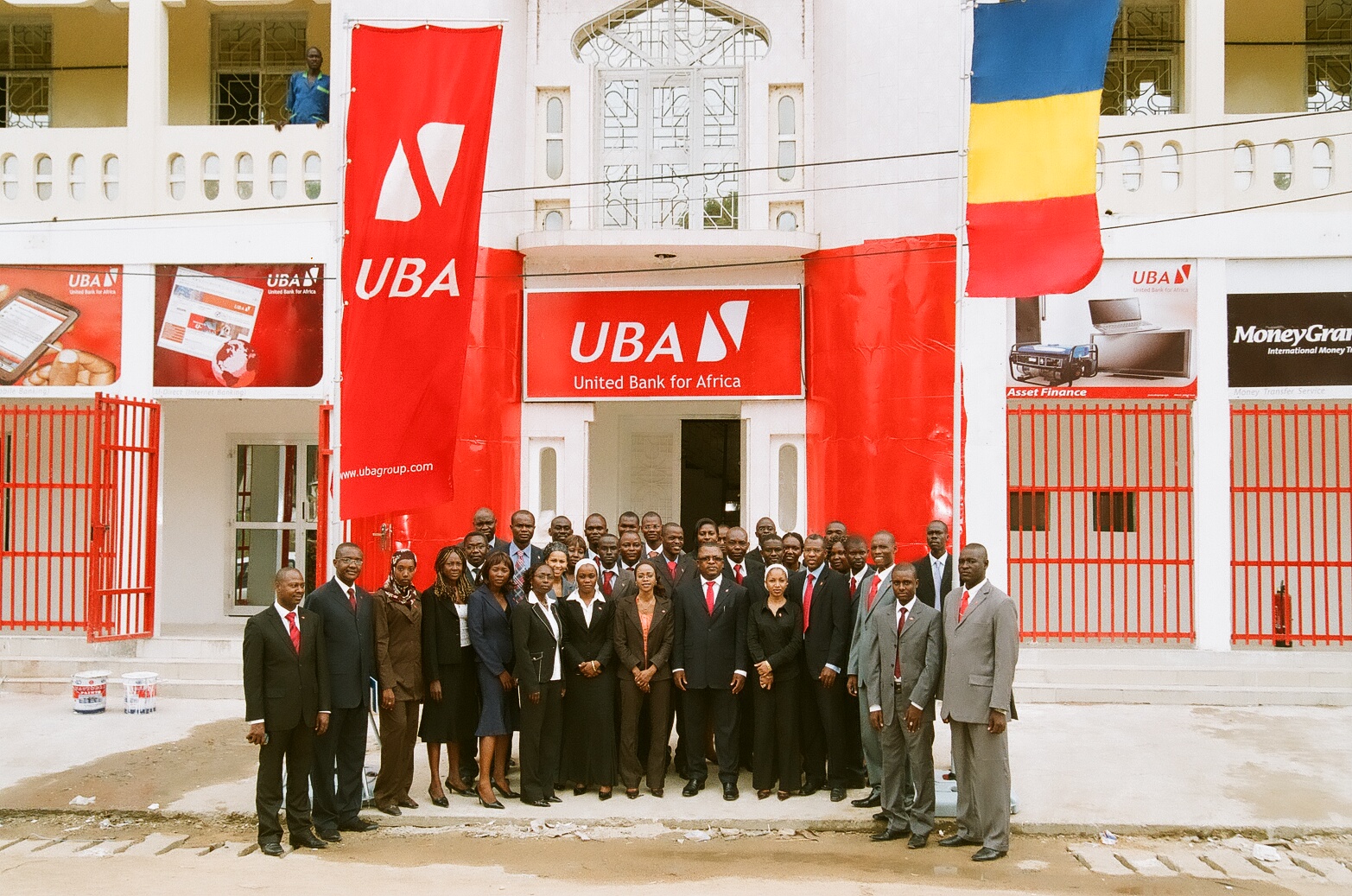Fitch Ratings has affirmed United Bank for Africa, UBA Plc’s, Long-Term Issuer Default Rating (IDR) at ‘B’ with Stable Outlook.
The bank’s Viability Rating (VR) has been affirmed at ‘b’ and its Support Rating at ‘5’. The National Ratings have also been affirmed. A full list of rating actions is at the end of this rating action commentary.
The bank’s IDRs are driven by its standalone creditworthiness, defined by the VR. The VR is constrained by Nigeria’s (B+/Negative) operating environment.
UBA is one of Nigeria’s largest banks, classified as domestically systemic by the regulator. It controls shares of loans and deposits in Nigeria of 7.5% and 9.5%, respectively.
UBA’s earnings and profitability tend to be stable.The bank reports a low impaired loans/gross loans ratio (around 4%), but loan loss cover at around 70% is on the low side compared with the average for large Nigerian banks (90%). UBA also has access to collateral.
Corporate lending dominates the loan book, but much of it is collateralised. UBA’s exposure to the oil and gas sector represents 20% of total loans, lower than the 30% sector average but concentrations by single borrower can be high. This is particularly the case in some of the African subsidiaries.
UBA’s foreign currency liquidity position improved following the issue of a USD500 million senior medium-term bond on the international capital markets in June 2017.
UBA’s local currency funding profile is a rating strength. The group is largely funded by historically stable deposits and UBA’s strategy is to continue to expand its low-cost retail deposit base. Retail deposits represent about a third of customer deposits, which is higher than average for rated peers. Local currency liquidity ratios are high.
UBA’s capital ratios are in line with other large Nigerian banks but the bank’s overall capitalisation still provides relatively narrow buffers and only limited loss-absorption capacity, in our view. This is because concentrations can be high, exposing the bank to the risk of unexpected losses.
UBA’s National Ratings reflect its creditworthiness relative to Nigeria’s best credit and to peers operating in Nigeria.












